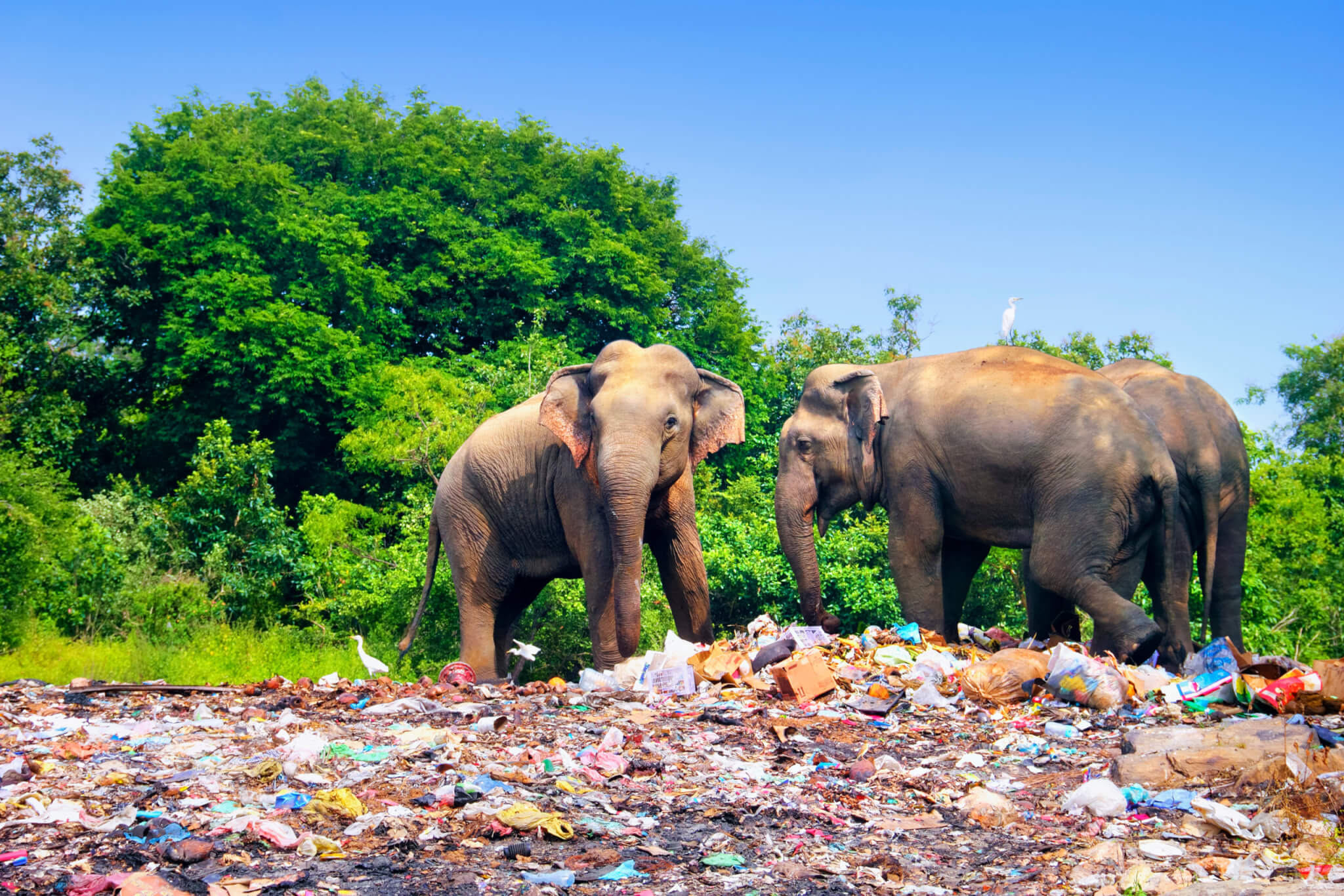There's no way around this prickly fact: travel is killing our planet. For globetrotters, this is a bitter pill to swallow. Our world is the most alluring thing to explore, and yet our own explorations are harming it.
Now, nearly every human action humans contributes to environmental harm. The food we consume, the transport we take, the products we buy – these all generate carbon output. The good news is, there are ways we can address this.
If you're reading this, then you've taken the first give-a-damn step. Here are six bitesized ways to cut your travel carbon footprint.
Psst: for a much more extensive dive into this topic, check our overarching responsible travel guide here.
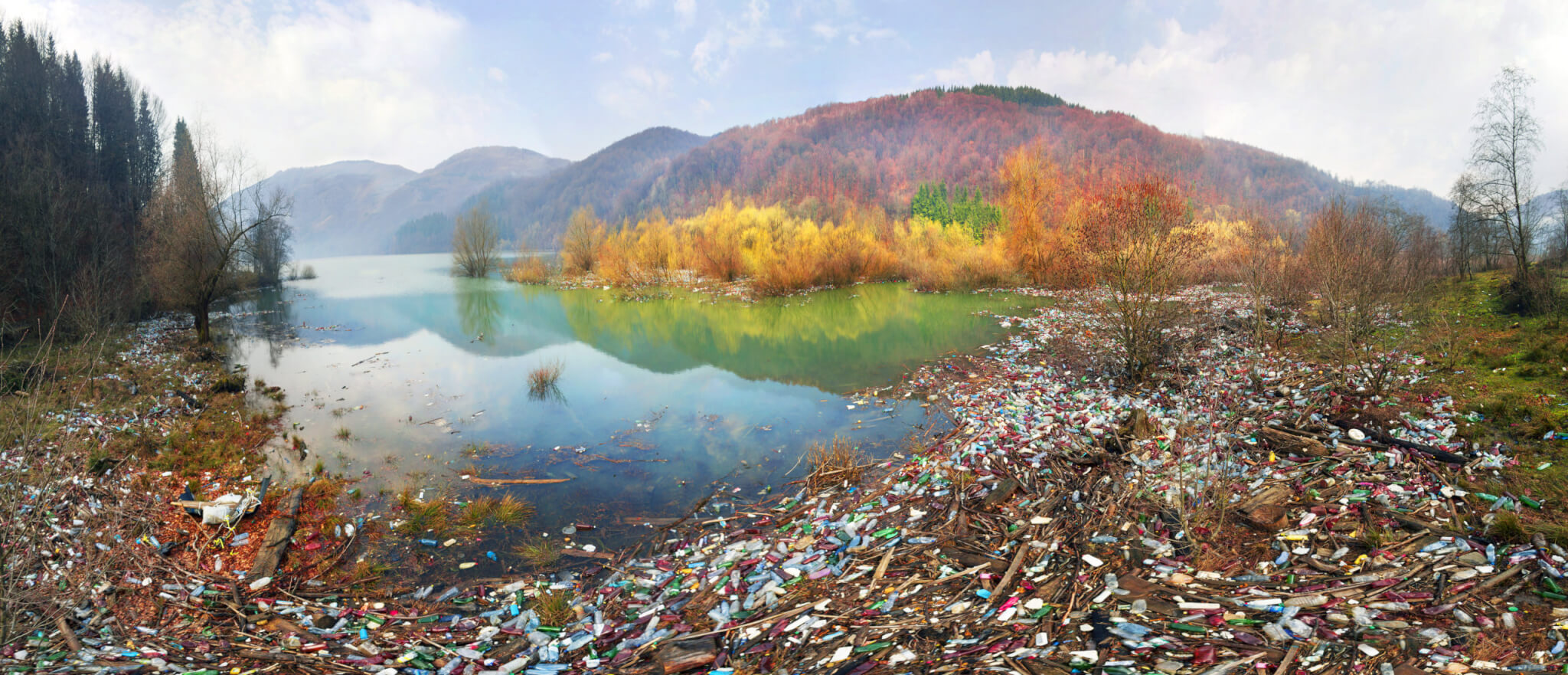
1. Fly less
Flying is the fastest means of long distance transport. It's also by far the biggest producer of carbon emissions.
Now that's a real bummer. Still, so long as the planet spins, people will want and need to fly for different reasons. But we need to accept the implications of air travel.
Here are ways to reduce the amount you fly:
- Fly direct. Omitting connecting flights means fewer takeoffs (which is when planes consume most of their fuel). Think you can't afford those long-haul flights? Try checking for error fares, racking up travel points, or using the right travel cards to cash out on free direct routes. We've personally used these methods to snag cheap and even free flights, without unnecessary layovers.
- Take alternative means of transport. Scenic train rides, epic road trips, world-class hikes, and time visiting places that don't require a plane ride are all green ways to change up your next trip. Some of our best travel adventures have been scenic road trips, world class hikes, and incredible train rides.
- Travel locally. We will cover this more point 3, but squeezing in weekend getaways, local ventures, and discovering yet-to-be hiked nearby trails are all ways to adventure without flights.
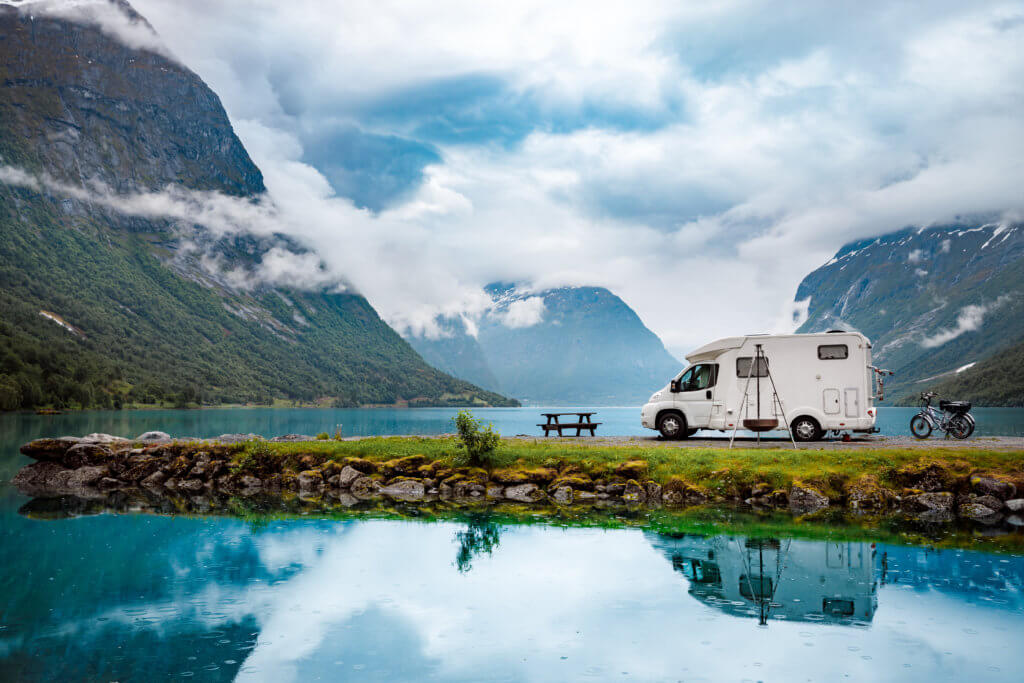
2. Pressure companies & governments to do their part
You've probably learnt by now that individual behavioural change is but a drop in the climate crisis bucket. Fortunately, thanks to the Internet and social media, it's never been easier to name and shame those with greater influence to make higher impact change.
Remember, the squeaky wheel gets the grease. See an unsustainable travel product? Took a tour with a company that neglected local wildlife? Stayed at a swanky hotel that still relies on disposable plastics? Say something!
Need motivational proof that this works? Big name travel companies and booking sites have fully removed elephant rides from their tours. Tourists have boycotted planes in favour of train travel in Europe. Online petitions gain traction and do have success, namely when gaining the attention of large companies or governments. Doubt not: use your voice. Collectively, we can make a difference.
3. Eat, spend, and explore locally
Whether you're at home or overseas, the more you spend your money close by, the better. Purchasing products that haven't boarded a plane or used slave labour to make your souvenir is an ethical move. Here's how to keep those dollars and distances near:
- Buy souvenirs, art, and products made nearby. Seek out secondhand shops, craft stores, and art galleries. In developing countries, charitable craft and art shops and markets are becoming rapidly available.
- Explore your own backyard. Look up your local tourism board, book a nearby AirBNB for a weekend, or seek out accessible national parks. For the foodies out there, why not try the top restaurants near you? Even Michelin Star spots can be affordable!
- Avoid chain restaurants and hotels. Chains of all sorts wipe out landscapes, deprive money from locals, and care about earnings over climate. Use your spending power for good on smaller businesses.
- Look up nearby points of interest on your trip abroad. An overseas trip isn't only fulfilling if you hit checklist cities. Search for lesser known neighbouring towns, national parks, beaches, and more. More tips on that next!
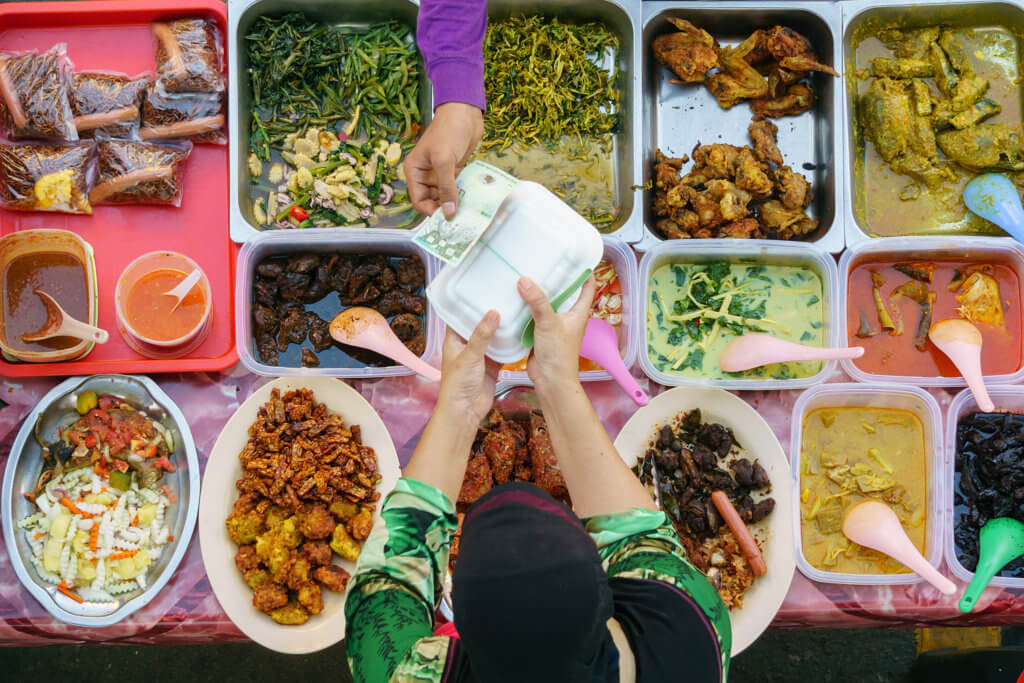
4. Travel slowly
Whether wandering for two weeks or five months, this point applies. Besides, how many times have you rushed through a city only to feel, “I wish I'd spent more time there”? Here's how to pace yourself without compromise:
- Tighten your itinerary: Let's compare a two-week trip exploring eight cities versus four. One of these allows greater spontaneity and immersion in local culture, while the other is crammed and offers no buffer for inclement weather, illness, or unexpectedly loving a place. How to narrow down your choices? Hop on tour site like G Adventures and scan their itineraries for highlights, peruse blogs, and ask friends.
- Go off the beaten path! More miles clocked does not mean richer travel experiences. Taiwan is one such example, where a short train ride in any direction reveals completely different landscapes. A single city or town can have an array of day trips, hikes, attractions, and festivals worth exploring. Challenge yourself to explore close by.
- Find random nearby gems without the help of guide books. One strategy we use is to search cities and regions of interest on Google Maps and zoom in. Next, we use Google Image to visualize parks, beaches, and town names on the map. We've found a plethora of unique spots this way, from national parks and waterfalls, to scenic lookouts and hiking trails. Give it a go!
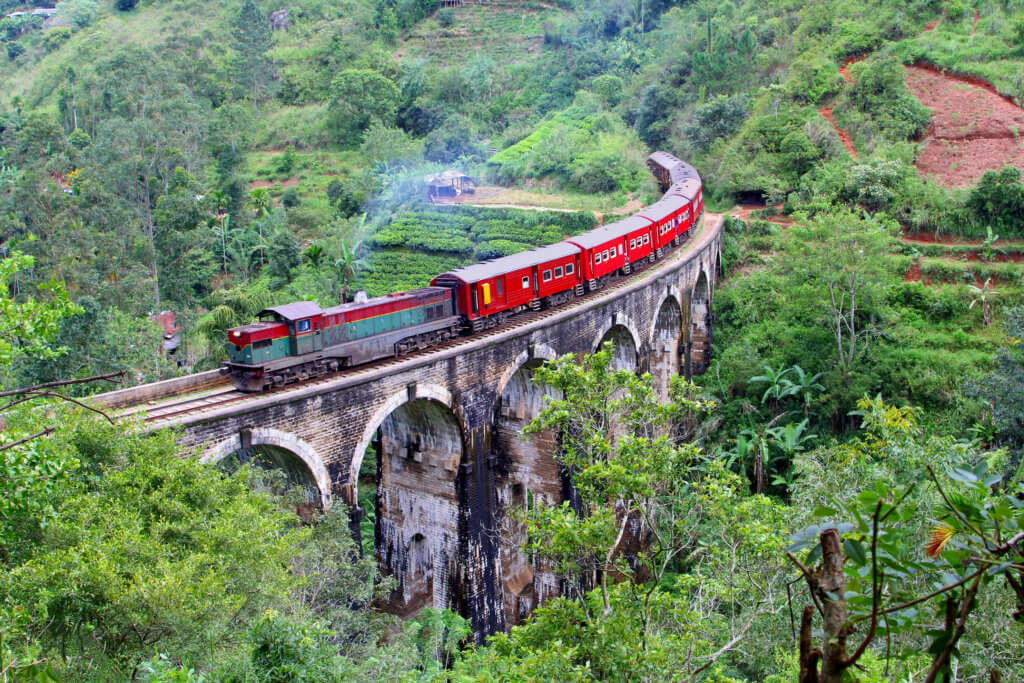
5. Travel cheaply
Budget travellers rejoice! Stretching those travel bucks is more often than not the greenest way to go. There are a couple exceptions to this, which we'll cover below. Here are thrifty ways to help the planet:
- Fly economy. The more (squished) seats on a plane, the more passengers and fewer airplanes in the sky. Consequently, first class and business tickets burn much more fuel and create demand for more flights.
- Fly budget airlines. Uncomfortable as it is, once again, squished seats means fewer people in transit, and less production of air-bound fossil fuels.
- Opt for cheaper modes of transport. Walking, biking, public transit, buses, and trains (in that order) are all more eco and wallet friendly ways to explore.
- Avoid cruise ships and resorts. Cruise ships burn travel bucks, pollute, and damage local economies. Worse yet, cruise ship passengers' CO2 emissions triple onboard compared to on land. Cruises are known to dump waste and not put spending into local economies, whose landscapes they exploit. Similar damage is generated by resorts, whose construction destroys land, food production produces mass emissions, and does not fuel their massive income to native residents.
- Eat street food & local restaurants. Dining where the locals do is one of the best ways to immerse oneself in a foreign culture. It's also incredibly cheap, and means your food has barely travelled to get to your plate. Worried about getting sick eating abroad? Check our guide to avoiding food poisoning here.
Now, there are still harmful budget travel practices. The damaging flight practice of “skiplagging” (that is, booking a cheaper flight that involves a stopover in your final destination, and skipping the second connecting flight) – is awful. Do not do this!
As highlighted earlier, choosing chains over local businesses to dine and sleep in also comes at an environmental cost. By spending just a little bit more, you can put back into the local economy and prevent destruction of natural landscapes.
6. Get involved in climate-saving causes when you travel
First off, the easiest step you can take is bringing garbage bags and picking up rubbish as you travel. Pack reusable bottles, cutlery, straws, decline plastic bags (and bring reusable ones) when shopping, and opt for packaging-free products where possible. Stop using mini hotel plastic toiletries and BYO reusable bottles instead.
Local travel clean-ups are gaining traction worldwide, from organized group efforts to trash-collecting tours like ocean dives & nature walks. A quick Google search should reveal any local clean-up events (whether abroad or at home) and take hardly no time from your trip. For instance, Trash Heroes in Thailand does weekly beach clean-ups, and Ocean Conservancy lists organization in need of volunteers.



The Thrifty Gist
- Minimize flying where possible. When you do fly, take direct routes over connections, and choose budget airlines and/or economy seats over first and business class
- Dine, shop, stay, and explore locally where possible
- Create trip itineraries with fewer stops and more thorough nearby explorations
- Tag, shame, and contact companies, tourism boards, and product companies around damaging practices
- Sign petitions and become aware of climate issues happening globally and learn how you can help


